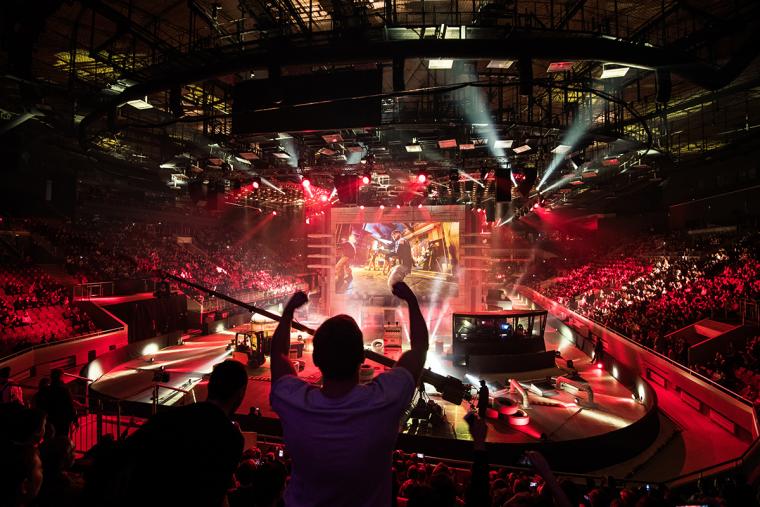
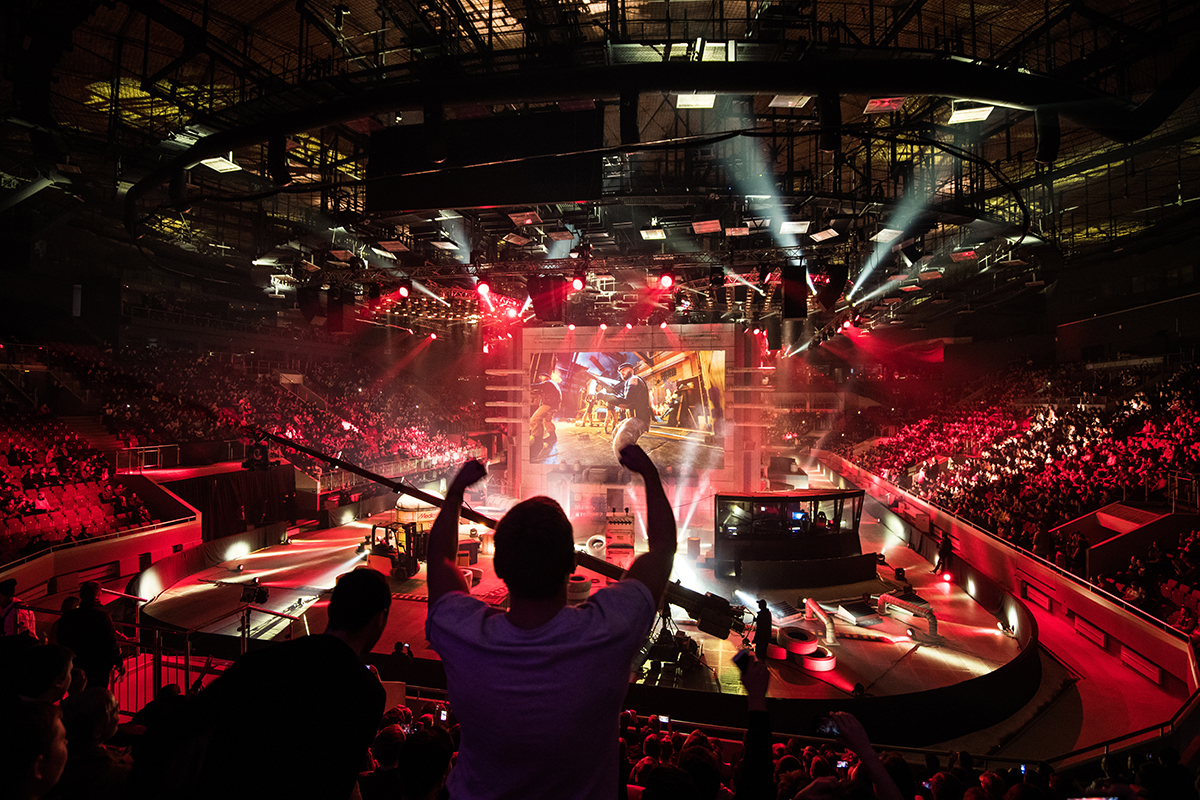
While we first mentioned the idea of having an eSports tournament in the summer of 2017, the actual planning process for this started between eight months and a year ago. We already knew that eSports was popular and growing well in the area; Illinois Wesleyan University, for example, has its own team and the Illinois State High School Association has identified eSports as an emerging sport. It was obviously a blooming industry and having produced two other home-grown sports (in junior golf and wrestling), we wanted to try another.
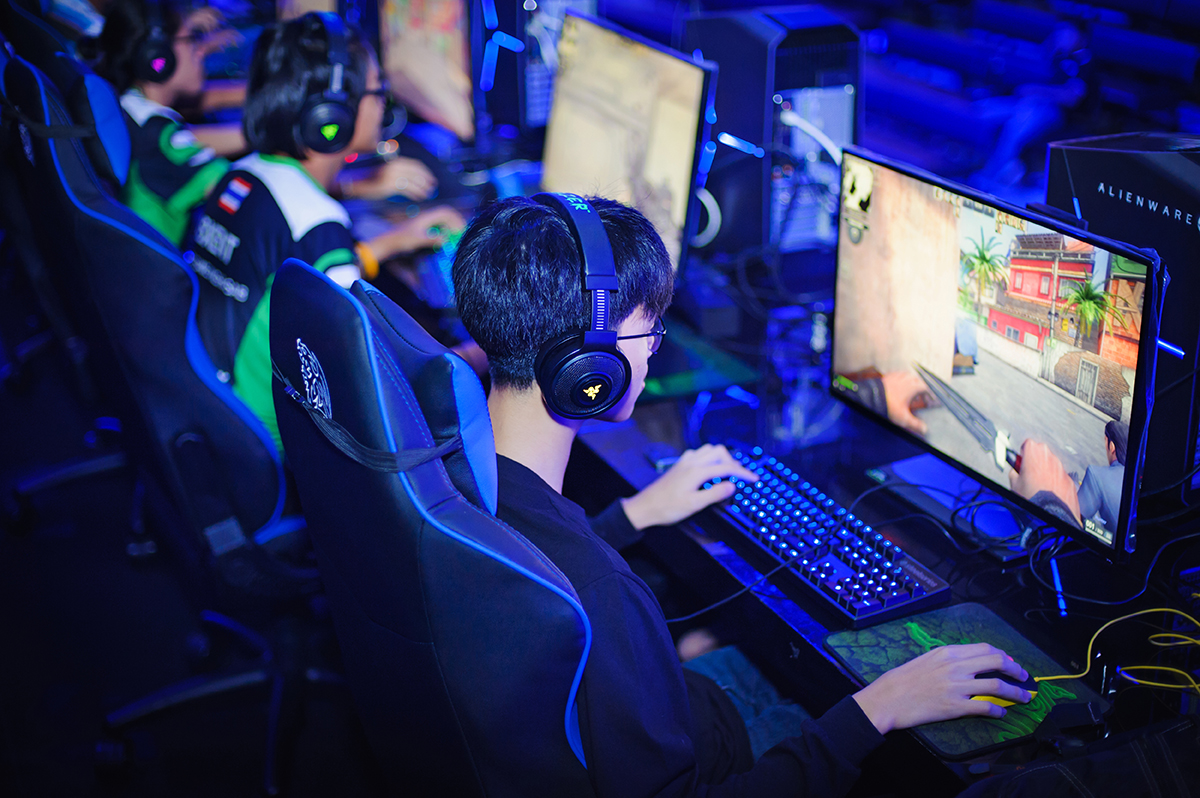
We had a few hurdles to clear in the early stages of planning. We decided to go with League of Legends as the game to be played, based on its popularity. (According to our research, 100 million people worldwide play League of Legends every month so by all accounts, it was a good choice). In order to put on a tournament using a game, you have to apply to the owner of that game. League of Legends is owned by a company called Riot Games. Once we had permission from them, we could move forward with the actual planning.
After that, we needed to make sure we could get enough computers for everyone to make this happen. Fortunately, one of the school districts in our area was good enough to let us know we would be able to borrow between 100 and 110 of them for the entire weekend. (And for us, that was a big relief because not having to put any money toward renting or purchasing equipment was a huge savings).
The next hurdle for us was to figure out the number of teams we were able to accommodate and the time we were going to allow for the tournament. We decided to hold it over the course of two days in January and to have a total of 24 teams based on the time and equipment that we had available. Some tournaments are bigger, but for us, that was a manageable number and a good place to start.
The Planning Process
Having gotten the necessary permissions and equipment, we were really able to dive into the planning process. We looked at various venues and finally decided on Grossinger Motors Arena in Bloomington. It’s actually a great venue. It seats about 7,000 and hosts concerts, family shows, ice shows, motor sports and trade shows, as well as hockey, dance, cheer and other sports needing an indoor venue.
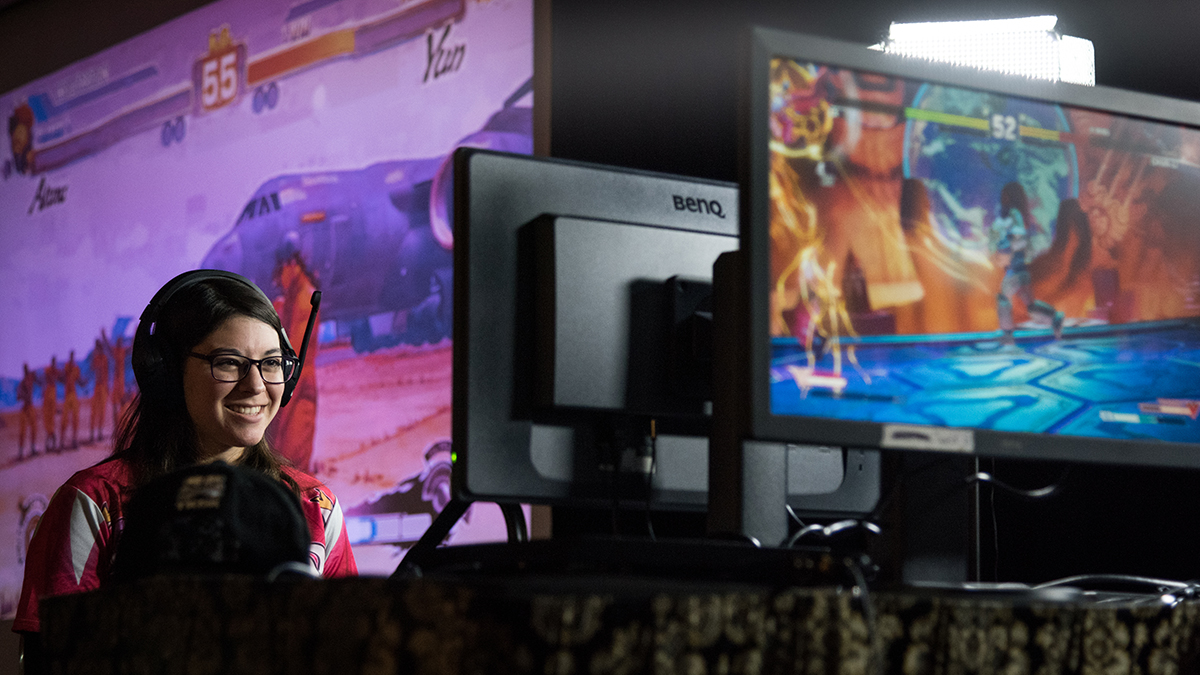
We considered various layouts for competition and decided on one in which computers were set up in pods of 10. That way, we will be able to have 10 pods of 10 computers running at the same time. The action from each pod can be shown on a screen facing the seats, so that spectators could keep track of what was going on. We also decided to have large video monitors running over the whole floor, so that people in the audience are able to see what the different players are doing.
Technical Specs
Setting up an eSports tournament for a game that is Internet-based means making sure you have the connectivity you will need. Central Illinois Regional Broadband Network has made arrangements to route a 10gig pipe into Grossinger Motors Arena. Our I.T. professionals will then set up a local area network for the 100 PCs we will be using during the tournament.
Publicity
Knowing who our target audience is, we have done our marketing appropriately. For the most part, we used digital and social media for advertising, with some radio ads. Our target areas were in and around college campuses throughout Illinois and in the Chicago area, and we did e-mail blasts to eSports coaches as well.
Reaction
So far, the event has been very positively received, and has generated a lot of interest. We have sold out of spaces for team play – with a waiting list – and will have high school and college teams. Registration has come from a number of different states, so the word has definitely gotten out. Something that we found interesting is that Robert Morris University in Chicago will be represented, and we’re told they were the first institute of higher education to have a competitive eSports team – so it will be interesting to see how they do here.
The event is on track to be a success and we are already considering what we can do to grow it in the future. We’d like to have more teams in each bracket and we’d like to maybe add a conference with some speakers as well as an expo.
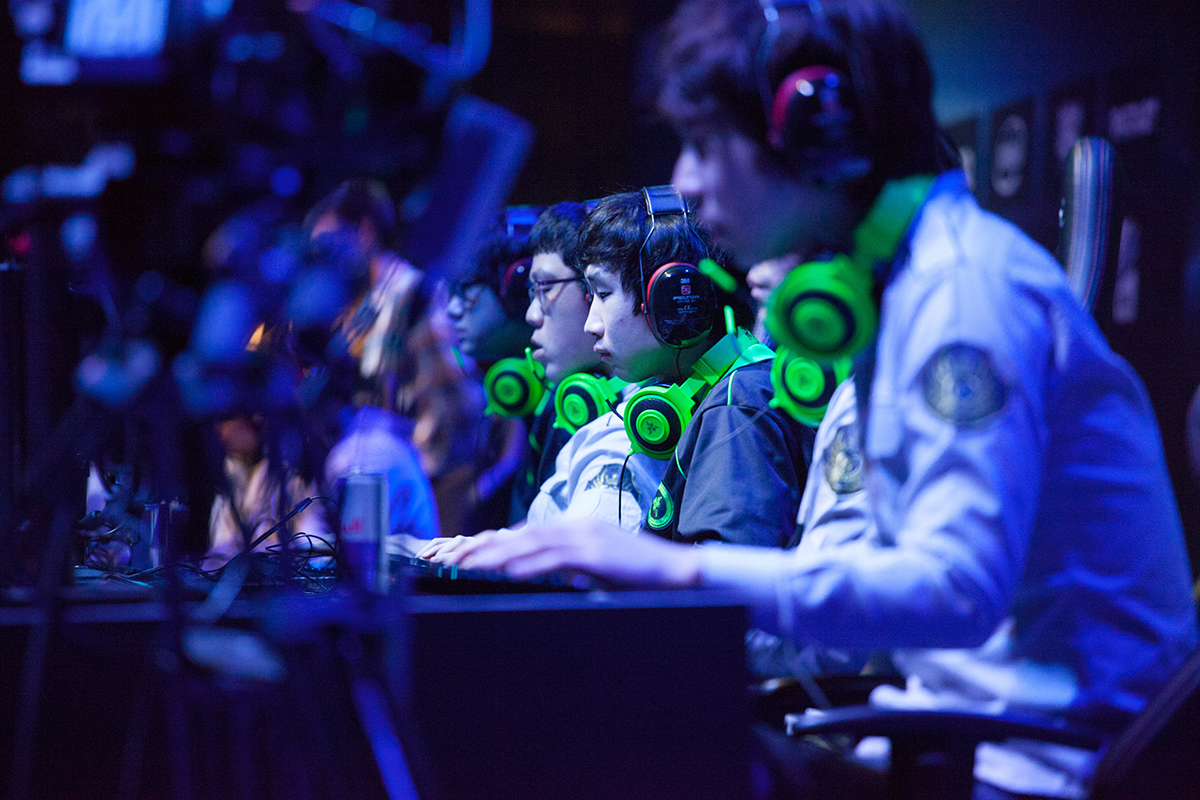
We are certainly fortunate to have State Farm as our title sponsor for the Sixty Six Games; while we’re grateful for their support, we’re not the first eSports event they’ve put their name to. Actually, State Farm has been involved in sponsoring eSports on the national level as well for some time. If you’re flipping channels and you happen to come across coverage of an eSports tournament, it’s likely that when they cut to the analysts’ desk, you’ll see the State Farm logo in the background. State Farm was able to see the way the market was heading and jumped on board at the beginning.
Our event was also lucky in that we have a large number of sponsors and partners, from colleges to radio stations and from gaming companies to hotels.
So with all this going for us, what kind of advice can we give to others who want to present or host an eSports event? A few ideas:
Have a Support Team
I’m still wrapping my head around what eSports is and what is expected from the gaming standpoint when you’re putting on an event. Some of that is very specific to the industry – what you give for awards, for example, or what kind of chairs people want to sit in. I’m fortunate in that we have a 14-person steering committee that includes gaming experts who could provide input on things we hadn’t even thought of. Without surrounding myself with knowledgeable people like that, I don’t know that I could keep my head above water.
This is the best advice I can give. You want to do your homework, meaning you need to know both your budgetary constraints and how to put on a good event. (Of course, that goes for any event in any sport.)
We already know the market is growing worldwide. In Asia and Europe, 40,000- to 50,000-seat stadiums are selling out for tournaments and that trend is coming to the U.S. Colleges are offering scholarships to players and are recruiting students from all over the world. It’s surprising how much money eSports is making – it is a rich market – but a lot goes into putting on a competition. We’re hoping to create a good experience for people and bring an economic boost to the area. SDM

